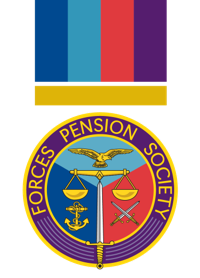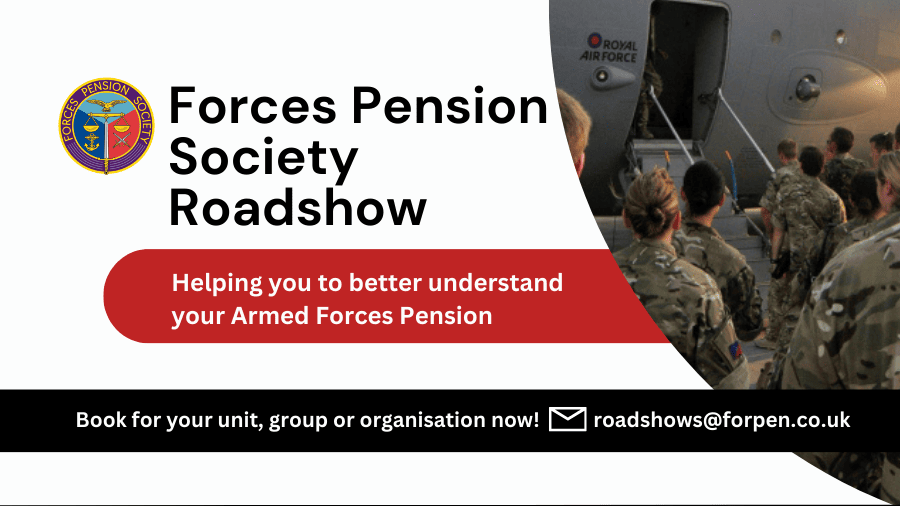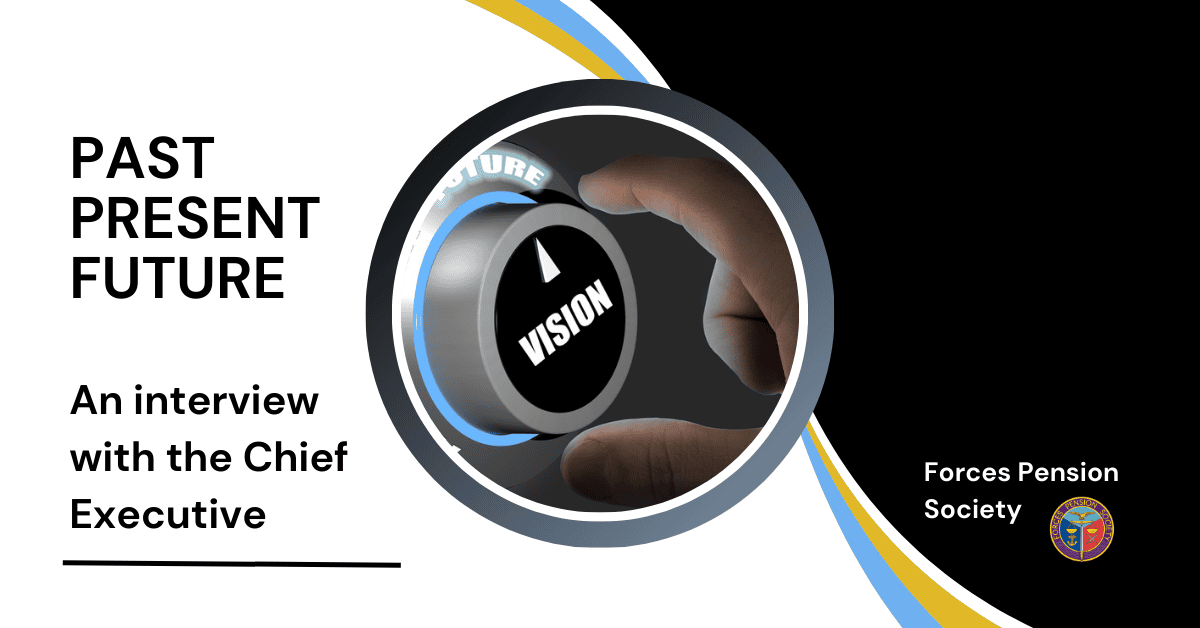
We all live our lives in the military around plans being organised, making sure things are prepared and ready, and admin sorted – the 7Ps (Prior Preparation and Planning etc).
If our planning was poor, we would quickly be found out in the military – we all learn to be prepared for anything. We reduce the routine into Standard Operating Procedures and, for the more complex issues, we learn to conduct estimates to identify factors relevant to given situations. We work out courses of action, we anticipate and we try to leave nothing to chance.
Then we decide to leave the Armed Forces and, for many, all those years of experience and knowledge go out of the window. If planning is a core military skill, why are we so bad at it when we decide to leave?
A key skill taught early is time appreciation, working back from ‘H’ hour or the event to know when the time is right to start activity. But so few of us do this when it comes to the second most important decision most of us make after joining up – when to leave.
A wise old soldier once said that the right time to start resettlement was shortly after joining your first unit and there have always been some ready to take this advice.
The popularity of HGV courses at the earliest opportunity, as either a game plan for outside or a fall back, is illustrative of this.
Others enrolled in Open University courses or applied to move to other parts of the Armed Forces with a trade structure that would feed into civilian employment on leaving. This is all good preparation.
Additionally, personal professional development in the Armed Forces to convert military qualifications into civilian equivalents is fully supported.
And, most Service personnel now have access to Standard Learning Credits that they can claim every year. That is £175 pa towards personal professional development. But not everyone takes advantage of the opportunities offered; the
biggest obstacle many face is often not actually knowing what they want to do next, accompanied by an unshakeable belief that the grass is greener on the other side, which very often it is not.
We come across a good number of people in this situation. And worst of all are those who decide to leave before working out the full implications. That is the same as deciding on a course of action before analysing the factors. It is completely back-to-front.
So our top tip to anyone leaving is to apply all your learnt military skills to the problem. Find out what your pension or Early Departure Payments are worth and the implications of when you first want to draw them.
Meanwhile, identify and analyse the industry you want to get into and then scope the training, qualifications and experience required and how to get them. Once this is done, you can plan on leaving.
Take advice, the Career Transition Partnership (CTP) staff and events are fantastic, but also get connected on social media especially LinkedIn – which is a great business networking tool once you learn to ignore the motivational speakers!
Use your own network of current veterans to get help and advice – most are more than willing to provide it!
Learning credits
Be open to Continuous Professional Development and use your Enhanced Learning Credits (ELCs). You need to register onto the ELC scheme and you can use this while you are still serving or up to five years after you have left the service. What you can claim depends on how long you have served.
- You have to have completed six years’ Service to be entitled to three claims of 1,000.
- Those who have completed six years but less than eight years’ Service may make a one-off claim of £3,000.
- All those who have completed eight years or more Service may make three claims of up to £2,000.
So, once again, the advice is to plan ahead – you need to be registered on the ELC scheme before you can use one of your claims, so register at the earliest opportunity. You can also use it to retrain if you find that your first job on leaving is not what you thought it would be or if you fancy doing something entirely different. Use your resettlement time wisely. It is up to you to sort this out for yourself and your family. Finding a new job that you enjoy is the priority. Often it comes with a new way of life, so being loyal to your unit and popping in to ‘help out’ may not be helpful to what you are trying to achieve. In short, it is really important to focus on your new priority and get moving in the right direction. Somewhere to live
You do need to find somewhere to live. In spite of the growing prominence of the Armed Forces Covenant, which gives veterans a boost on local council housing lists, you might not have enough other points to rise far enough up the housing list. So, just as in military life, have a plan B, ‘Actions on’ not getting your first housing option.
One of the authors made the schoolboy error of buying a house in a lovely part of the country, very picturesque but with absolutely no work for the business he wanted to work in. After living off beans on toast for five months, he and his family were left with a choice of more separation through work or to up sticks again. Either way, it felt like still being in the military. They ended up, by accident, back where he had lived when he joined the Army, which a lot do, and often it has the bonus of plenty of suitable work in that area.
A key part of this is knowing what you are worth and how much you will receive on leaving the Armed Forces. Needless to say, one does not get anything unless one asks or applies for it and this is exactly the same in the case of pensions, lump sums, Early Departure Payments and so on.
Since we have been in our new roles at the FPS, it has become very apparent to us just how much people who come to us value our independence. Sadly, many are distrustful of ‘the system’ and see in us an alternative from which they can get ground truth. Our view is slightly different. We remain jealous of our independence but, for all that, see our service as complementary to Veterans UK and Equinity Paymaster. We try and work with the grain rather than against it; it can be no other way, for the MOD and its Agencies are the pension providers. We can, however, provide a service that they cannot, and we can also hold them to account when things go wrong.
MoD tools
We therefore encourage our members, and indeed all others we meet, to use the three tools that the MOD provides to help with pensions:
- The annual Benefits Information Statement (BIS) that each member of the Armed Forces receives once a year, providing a snapshot (not a forecast) of the pension benefits they have built up to date
- The online calculator, which does provide a forecast, albeit one hedged with caveats and only as accurate as the information put into it.
- The formal written pension forecasts that can be obtained from Veterans UK (one free forecast each year) using AFPS Form 12.
These are all useful tools, although they all suffer from the same problem – none of them talk back. That is where we come in, we can have a conversation and explain those aspects that people don’t understand. We can also dispel rumour, which is far too prevalent.
So find out what your pension benefits are right at the start of your leaving-the-Services planning process – and before you actually sign off! Know what you will be getting and what your options are if you are entitled to immediate benefits. If you are leaving before you have an immediate entitlement, don’t forget about it – when the time comes to draw your Armed Forces pension, remember that you will have to apply for it first! That’s the benefit of having a plan!




